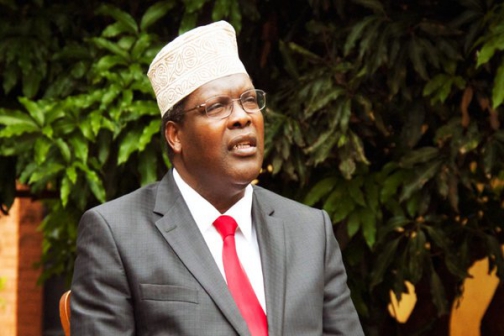
An independent MP is simply a political prostitute ready to sell his or her soul to the highest bidder in Parliament in exchange for perks and privileges that come with belonging to a political party. They answer to no one. They don’t pay any monthly fee to any party. It is all about them and their constituency. They are in it for survival, and even if it means shaking hands with the devil to thrive, they will gladly do it.
That’s the picture Sunday Standard got after interviews with people who have worked in Parliament and academics familiar with the parliamentary horse-trading.